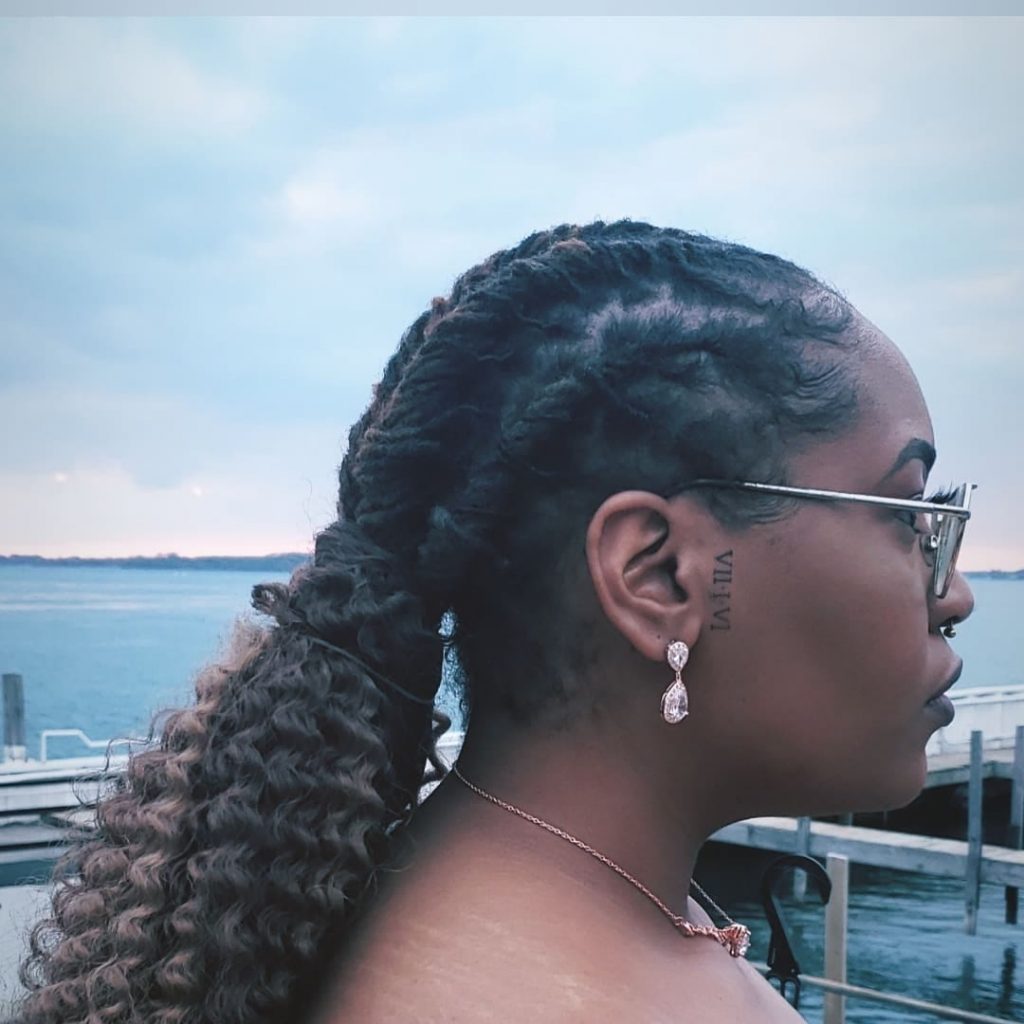Buffalo’s first-ever Poet Laureate Jillian Hanesworth was set to give the closing lecture of the Week Seven Interfaith Lecture Series theme on “Home: A Place for Human Thriving” Friday in the Hall of Philosophy. She was on the grounds and preparing for her presentation when the attack on Salman Rushdie and Henry Reese that morning in the Amphitheater sent the Institution into a brief lockdown, both men to the hospital — Rushdie with significant injuries — and the community into a state of shock.

All programming for the rest of the day was canceled, including Hanesworth’s lecture, which was simply titled: “We Are In an Emergency.”
“I was going to talk about violence and about our role in society, of preventing that, working together,” Hanesworth told the Daily Friday afternoon, and with the “violent attack, I can’t speak. … It’s just so much. It’s so ironic. It’s so sad.”
Hanesworth was walking by the Amp Friday morning when she saw the commotion immediately before and during the evacuation. By the time she got back to the Hall of Missions, her father — a former state trooper — was telling her: “Something happened, somebody got stabbed.”
“It feels like, ‘OK, I can’t escape it. I can’t escape the violence,’ ” she said. “That goes back to the point of us as a society being in a state of emergency. We can’t escape violence right now. And that is a systemic problem.”
Hanesworth was going to specifically discuss the May 14 shooting at the Buffalo Tops Friendly Market, in which a white supremacist murdered 10 Black people. That grieving and healing process has been long, she said, and Friday brought it all back to her.
“I think seeing what happened today, in contrast to what I experienced in Buffalo in May, wouldn’t have influenced what I said,” she said, around the time she would have been giving her lecture. “But I think it would have influenced the conviction that I said it with, because it goes from just narrating a feeling and an emotion in a situation to people who maybe heard about it on the news, to actually talking to people who feel that same anxiety that like violence just happened right here.”
She would have spoken, if she could have, more surely, and more unapologetically, she said, but with a different level of empathy.
“You have to have a certain empathy when you’re talking to people who experienced that trauma, versus people who just heard about it,” Hanesworth said. “I would have been more confident and more sure, but at the same time, softer.”
Hanesworth said that Maureen Rovegno, director of the Department of Religion, who plans the Interfaith Lecture Series, told her that the lecture would be rescheduled, though details remained in flux.
Reflecting on the nature of violence and society, Hanesworth said that many think acts of violence are “very simple, targeted expressions of emotions, or (the result of a) lack of being able to express emotion.”
“But we live in a society that has, historically always said, there’s always a point where violence is understandable, there’s always a point where violence is OK,” she said.
She said this is not the case in other nations, other societies.
“They don’t figure out ways to justify violence the way we do in America,” Hanesworth said. “And that is why this is an emergency.”
If America and its citizens don’t do something to curb violence and hatred, she said, “more people are just going to keep burying their grandparents, their grandbabies.”
“More people are going to be threatened when they get up on a stage to challenge everyone’s thoughts, when they get up on stage to offer up new perspectives,” Hanesworth said. “And that can’t be. That goes against everything that we’re supposed to stand for as a country and as a democracy.”




